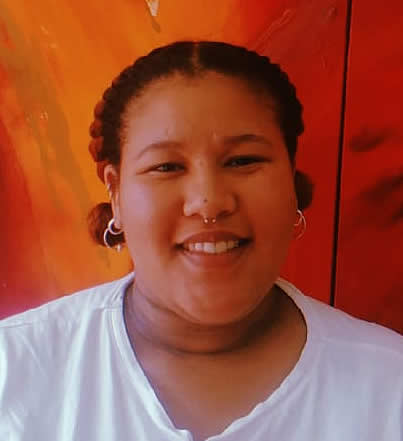Chinese authorities greatly extended the travel lockdown in Central China on Thursday, January 23, and this now includes over 22-million residents. This measure was taken to contain the deadly coronavirus that has sparked fears of a pandemic and is overwhelming hospitals.
This morning, Chinese health authorities announced that half a dozen more deaths have been added to the death toll of 26, and the number of confirmed cases has increased to 830.
Beyond China, Thailand has reported four cases, Singapore three, Japan two, while South Korea, Taiwan, and the United States have each confirmed one.
What is the coronavirus exactly?
According to the World Health Organization, coronaviruses are a family of viruses that cause illnesses ranging from the common cold to more severe diseases such as Middle East respiratory syndrome (MERS) and severe acute respiratory syndrome (SARS).
These viruses are transmitted between animals and people. SARS, for instance, was believed to have been transmitted from civet cats to humans while MERS travelled from a type of camel to humans.
Several known coronaviruses are circulating in animals that have not yet infected humans.
The name coronavirus comes from the Latin word corona, meaning crown or halo. Under an electron microscope, the image of the virus is reminiscent of a solar corona.
A novel coronavirus, identified by Chinese authorities on January 7 and currently named 2019-nCoV, is a new strain that had not been previously identified in humans.
While no cases of the coronavirus have yet been detected in South Africa, Tygerberg Hospital has been demarcated as the official reception centre should any cases of the fatal virus be discovered in the Western Cape.
The Western Cape’s incoming Head of Health Dr Keith Cloete announced that there are plans in place in case the virus spreads to the province.
“The province is always on high alert. We are monitoring everyone coming through our airports. If anyone pitches up with this profile, we will isolate and move them to Tygerberg Hospital, which is geared to deal with such a case within two hours of a report,” Cloete said. “All the other systems in the province are geared to go in for quick protection and containment. We feel confident about our ability to respond.”
“We have a very good National Institute for Communicable Diseases (NICD), which is connected to international surveillance systems. I must add that the NICD is very happy with our surveillance systems and our preparedness would just kick in,” he added.
According to the Department’s outgoing head, Dr Beth Engelbrecht, all its Ebola preparedness plans are still on hold. “All the equipment at the airports are all ready to ensure that we are able to contain the threat and respond,” said the NICD’s Cheryl Cohen. “In light of the ongoing novel coronavirus outbreak in Wuhan City, the Hubei Province of China, the NICD, a division of the National Health Laboratory Service, has systems in place to rapidly identify and detect any imported cases in South Africa. As of yesterday, there have been no cases of the 2019-nCoV in South Africa or on the continent.”
Picture: Twitter










